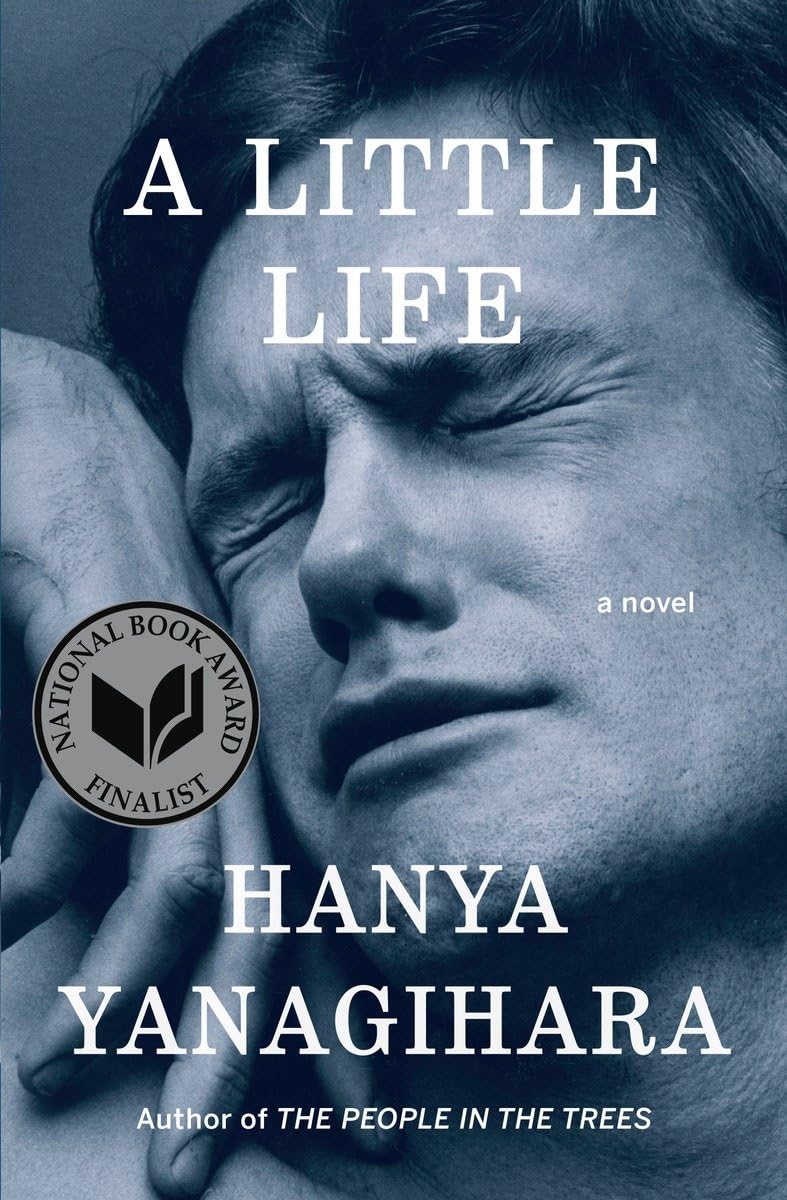Chapter 1: Jude and Identity
byChapter 1 begins with identity as a constant, an equation that remains balanced no matter what external forces act upon it. A number retains its value even when multiplied, divided, or broken apart, and just as in mathematics, he realizes that despite all the changes around him, his core self remains unaltered. No matter how many times the world has tried to redefine him, he is still himself, whole in ways that even he has failed to recognize.
As he feels himself plunging into the darkness, weightless yet aware, this realization is the only certainty he has ever known. The chaos around him, the pain he has endured, the scars he carries—none of it has erased his fundamental existence. He has been torn down, reshaped, and left with pieces that sometimes seem impossible to put back together, yet something within him has remained untouched, unwavering.
He has spent years believing that his identity was something fragile, something easily shattered by the hands of others, but now he begins to question that assumption. If he were truly broken, truly undone, would he still be here, still breathing, still thinking, still feeling? The fact that he exists, that he has continued to move forward despite everything, proves that he is not as fragile as he once thought.
Even as he braces for impact, for another moment that threatens to shake his reality, he holds tightly to this one undeniable truth. He is not merely a product of what has been done to him, not just a sum of his suffering. There is something in him that no one—not time, not circumstance, not even his own doubts—has been able to erase.
He has spent so long allowing his past to define him, allowing the weight of old wounds to dictate his sense of self. But if those wounds have not changed his core identity, then perhaps they do not hold as much power over him as he once believed. Perhaps he is something more than the accumulation of all that he has endured, something greater than the echoes of his pain.
A new thought emerges, one that he has never dared to consider before—if suffering has not rewritten who he is, then maybe healing is possible. Maybe his existence is not meant to be a constant repetition of hurt and survival. Perhaps there is a version of himself that is not defined by endurance alone, but by the capacity to experience joy, to accept love, to embrace life without fear.
For so long, he has believed himself to be trapped, bound by the past, incapable of change. But now, in this moment between falling and landing, between fear and understanding, he begins to wonder if he has had more agency than he ever allowed himself to believe. If his essence has remained intact despite everything, then perhaps he is not as powerless as he once felt.
The thought both terrifies and exhilarates him. If he is not merely the sum of his wounds, then what does that make him? If he is not defined by suffering, then what else is left? The uncertainty is overwhelming, but for the first time, it does not feel suffocating—it feels like possibility.
Suspended in the stillness of his thoughts, he considers the idea that his life does not have to be dictated by the past. He has spent so much time believing he is only what others have done to him, that he has failed to see the parts of himself that exist beyond the pain. Perhaps, instead of carrying his past like an anchor, he can learn to carry it as a reminder of how much he has survived, how much strength still resides within him.
The idea of transformation has always seemed impossible, but maybe it was never about becoming someone new—maybe it was about rediscovering who he has always been. If nothing has fundamentally changed him, then he has the power to decide what his future looks like. The past may always be a part of him, but it does not have to be the only part.
And so, as he continues to fall, to move through the unknown, he no longer fears what comes next. The impact will come, as it always does, but now, for the first time, he is not afraid of what he will find on the other side. He is not just surviving—he is existing, he is becoming, and in that, he finds something he never thought he would: hope.


